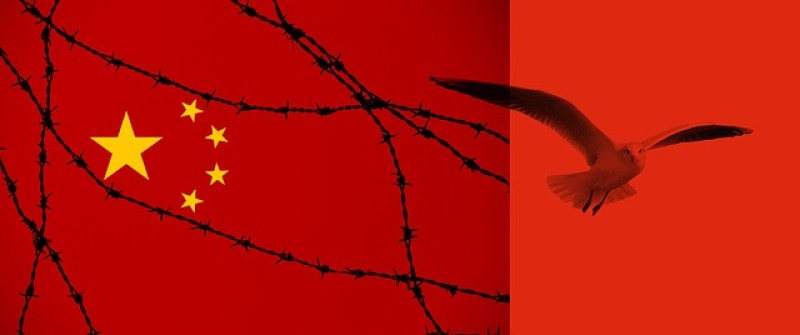
The U.S. Commission on International Religious Freedom (USCIRF) has expressed concern over the Chinese regime's further demonstrations of control over government-sanctioned churches by prohibiting religious activities at house churches and requiring their full support of the Chinese Communist Party (CCP).
Such regulations from CPP authorities are called the Measures on the Management of Religious Clergy, which supplement the revised 2018 Regulations on Religious Affairs.
According to the Christian Post, the new Measures took effect starting February 1 this year and heightened the Chinese government's abuses towards the clergy of religious groups, the bipartisan panel that was mandated by congress warned in a factsheet that was published in October.
The new regulations aim to tighten control over church leaders of the five state-sanctioned religious groups in China, namely the Protestant Three-Self Patriotic Movement, the Chinese Patriotic Catholic Association, the Buddhist Association of China, the Chinese Taoist Association, and the Islamic Association of China. The new Measures also prohibit any religious activity partaken by independent church leaders who aren't part of the five aforementioned religious groups.
"The new Measures expand an invasive and comprehensive system of control and surveillance on clergy," the USCIRF argued in their report. Article 3 in the Measures orders clergy to "support the Chinese Communist Party's (CCP) rule, the Chinese socialist political system, and the CCP's 'sinicization of religion' policy, effectively imposing a political test to ensure clergies' loyalty to the CCP."
Articles 6 and 12 meanwhile prohibit clergy from participating in "illegal religious activities" and "foreign infiltration using religion." The USCIRF warned that "These vague provisions could be used as a broad pretext to crack down on independent religious groups, ethnoreligious minority groups, and religious groups with perceived foreign connections."
Meanwhile, the U.S.-based persecution watchdog group ChinaAid reported that the new Measures have forced house churches, which are illegal in China, to become "the main targets of the CCP and government-sanctioned churches." Since the new Measures took effect, unregistered Protestant house church leaders have been arrested by the Chinese police and detained for "illegal activities" such as holding religious gatherings.
Earlier this year, International Christian Concern's regional manager for Southeast Asia Gina Goh lamented, "House churches across China are seeing an increased harassment from church raid, crackdown on their activities, to the detention of their leaders."
Goh explained that Beijing resorts to intimidating the house church leaders "in hopes that the churches will dissolve due to fear." But she argued that the CCP would fail in their mission because of the "resiliency of the Chinese house church," which "survived the Cultural Revolution, and they will survive Xi's era as well."
Open Doors USA ranks China as the 17th in its World Watch List of countries with the most intense Christian persecution across the world because of its law of "Sinicization." In October, human rights NGO Safeguard Defenders released a report detailing how the CCP had a system of "residential surveillance at a designated location" (RSDL), a strategy they use to capture and detain even the most peaceful dissidents of the Chinese regime.
Victims of RSDL are often human rights lawyers and religious leaders who defy CCP rules. Under the RSDL system, victims are forced into grueling interrogations, forced confessions, and detention for extended periods of time, often without access to a lawyer.

























